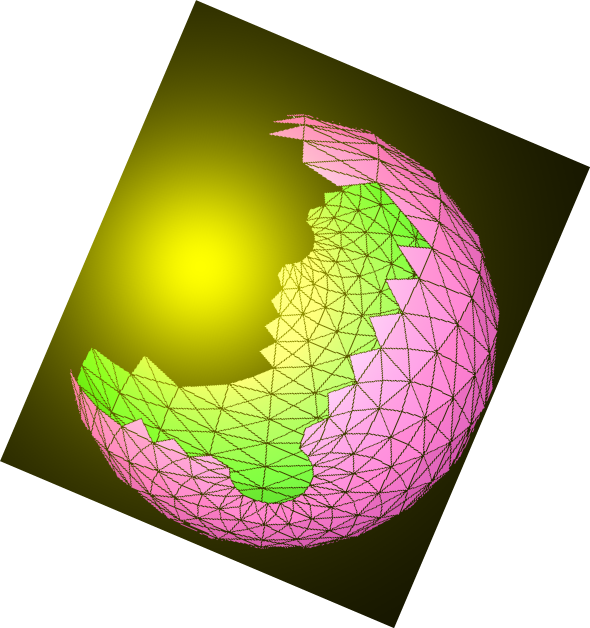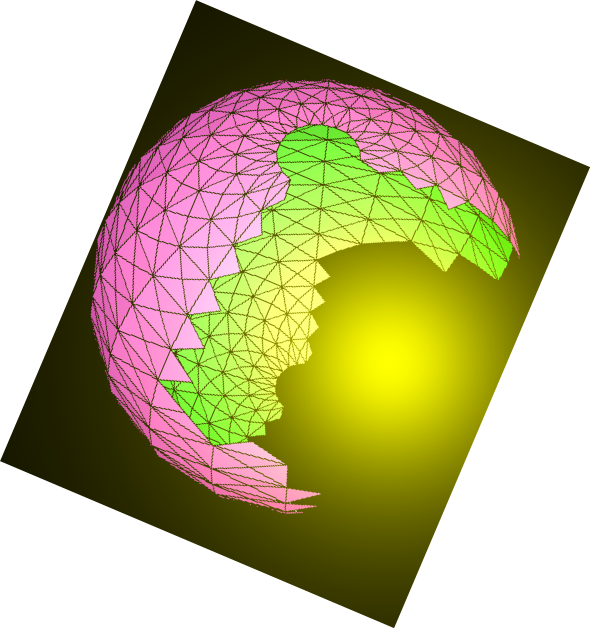
N.S.B. Cosmic Center
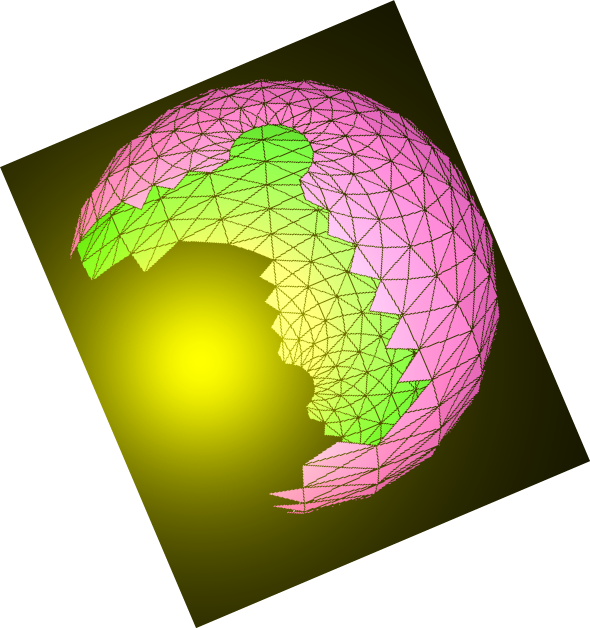
N.S.B. Letters by Nazir S. Baaklini
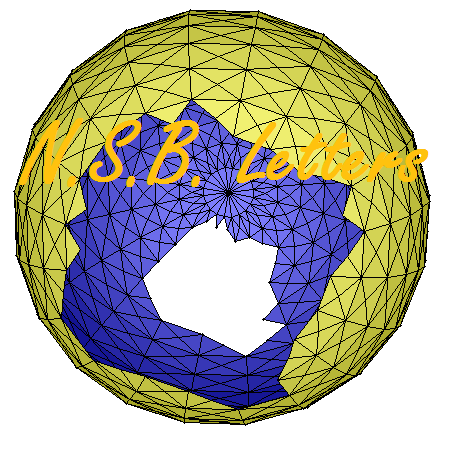
NSBL-RT-015 Relativistic Motion and Schwarzschild Sources
Abstract
We give an elementary analysis of the classical motion of a particle in the spherically symmetric gravitational field of a Schwarzschild source, with due regard to energy conservation. We observe that whereas a massive particle at large distances could be attracted towards the central source, it would however encounter repulsion as it comes close to the Schwarzschild surface. We also note that there is a limited energy range for which the radial motion is ruled by attraction. An attracted incoming particle reaches a maximum speed at a
specific distance greater than the Schwarzschild radius, before decelerating to zero, then bouncing back. Like the radial motion, the orbital motion around a Schwarzschild source would stop at the Schwarzschild radius. A massless photon would always be repelled, with its speed decreasing as it approaches the source, ultimately getting re
flected at the Schwarzschild surface. The timing problem associated with surface singularity is resolved by regarding particles as Schwarzschild sources themselves. We depict a picture of ideal Schwarzschild
sources as mutually repulsive bubbles endowed with re
flecting surfaces.
To download a pdf copy of the above article, you can obtain the needed link by sending an email to the author at: nazirbaaklini@yahoo.com
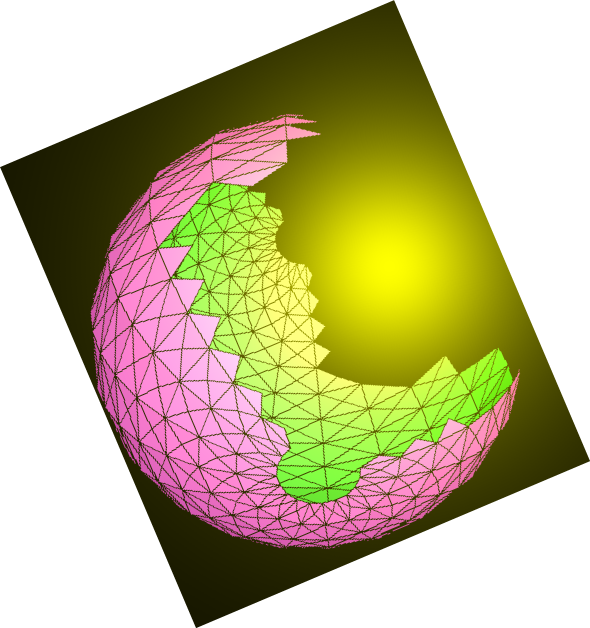
Home
N.S.B. Cosmic Center by Nazir S. Baaklini
